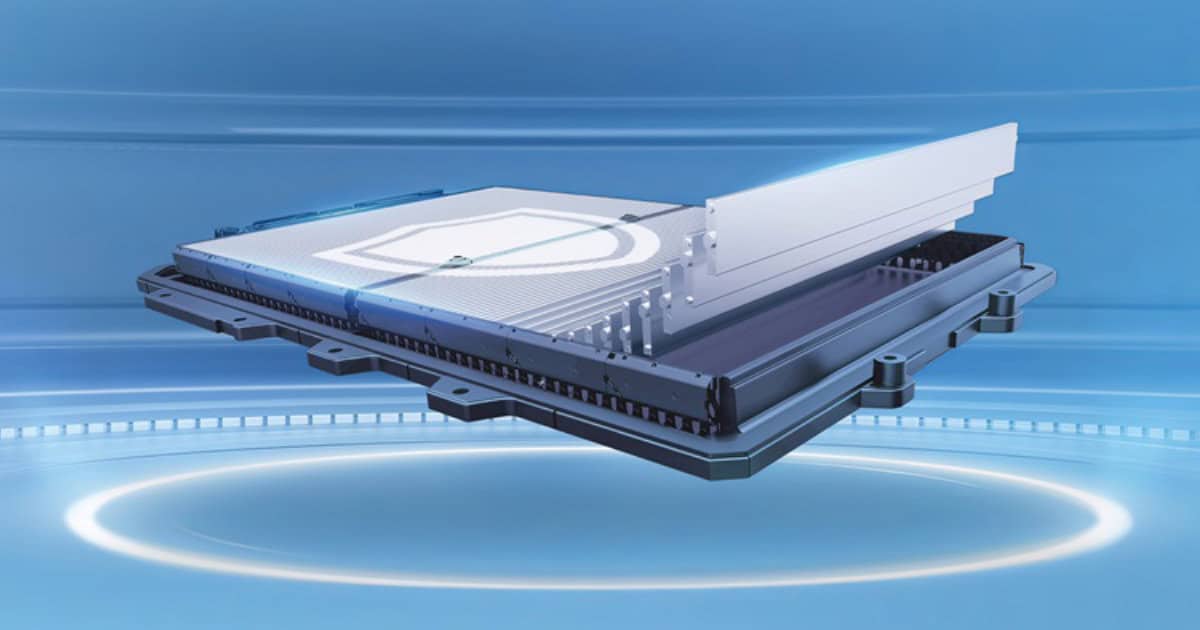In the rapidly evolving world of electric vehicles (EVs), where cost and efficiency are king, BYD has announced a game-changing development. The Chinese giant, known for its substantial strides in the EV market, is now targeting a 15% reduction in battery costs with its next-generation Blade Battery 2.0. This move could potentially accelerate the global shift from fossil fuel to electric power, making EVs more accessible and economically viable for millions.
Understanding Blade Battery 2.0
Technological Advancements
The Blade Battery 2.0 from BYD is not just an incremental update but a leap in battery technology. With an energy density of up to 210 Wh/kg, it far surpasses its predecessor, which managed about 150 Wh/kg. This increase in energy density means vehicles can travel further on a single charge, a critical factor in consumer adoption. Additionally, the battery supports a peak discharge of 16C, enhancing performance under heavy use scenarios.
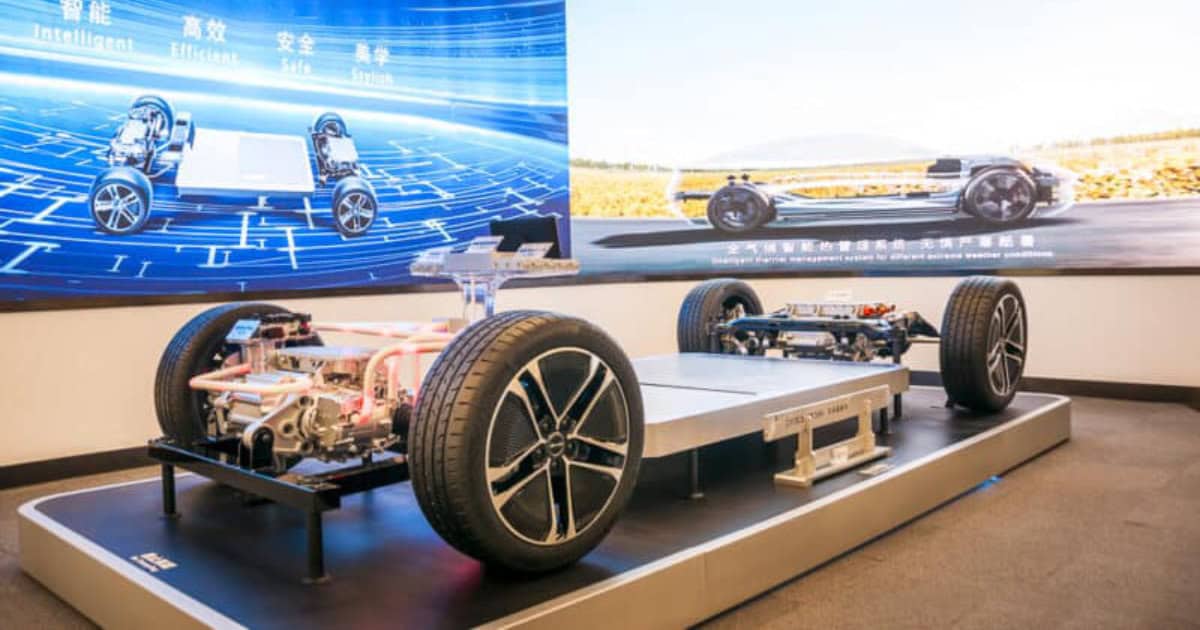
Cost Reduction Strategies
BYD’s approach to slashing costs involves multiple layers. First, there’s the inherent efficiency of the new design, which allows for more energy storage in less space, reducing material use. Second, BYD is enhancing its manufacturing process with more integrated components, such as an eight-in-one system that cuts down on assembly costs and time. The company also plans to negotiate harder with suppliers, taking advantage of its scale to push for lower raw material prices.
Impact on the EV Market
Economic Implications
A 15% reduction in battery costs directly translates to lower vehicle prices or higher margins for manufacturers, which could lead to more competitive pricing in the market. This could be pivotal in regions like North America and Europe, where the cost barrier has been significant for widespread EV adoption.
Market Dynamics
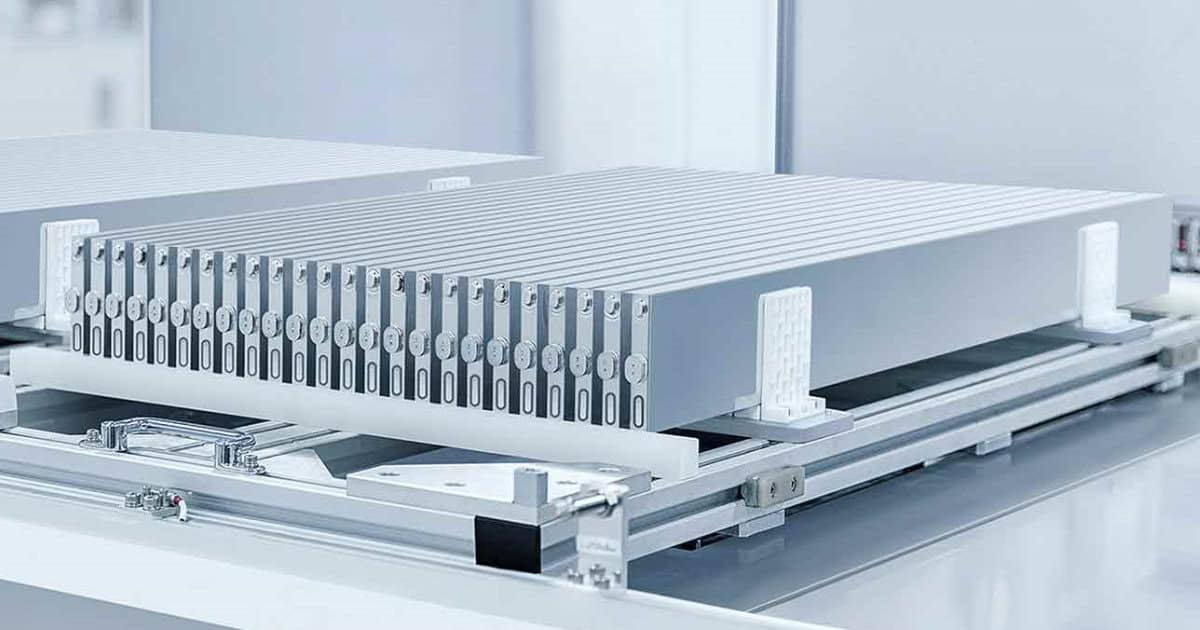
The introduction of such a cost-effective battery could shake up the current market dynamics. Competitors like Tesla and other manufacturers might be compelled to innovate or partner with battery tech companies to keep pace. This could lead to a faster rate of technological advancement and price wars in the EV sector, benefiting consumers.
Global Expansion
For BYD, this battery technology is a cornerstone for its global expansion plans. With intentions to sell over a million vehicles overseas in 2025, a cheaper, more efficient battery will be crucial in penetrating markets like the US and Europe, where EV incentives and consumer preferences are increasingly leaning towards sustainability.
Environmental and Societal Impacts
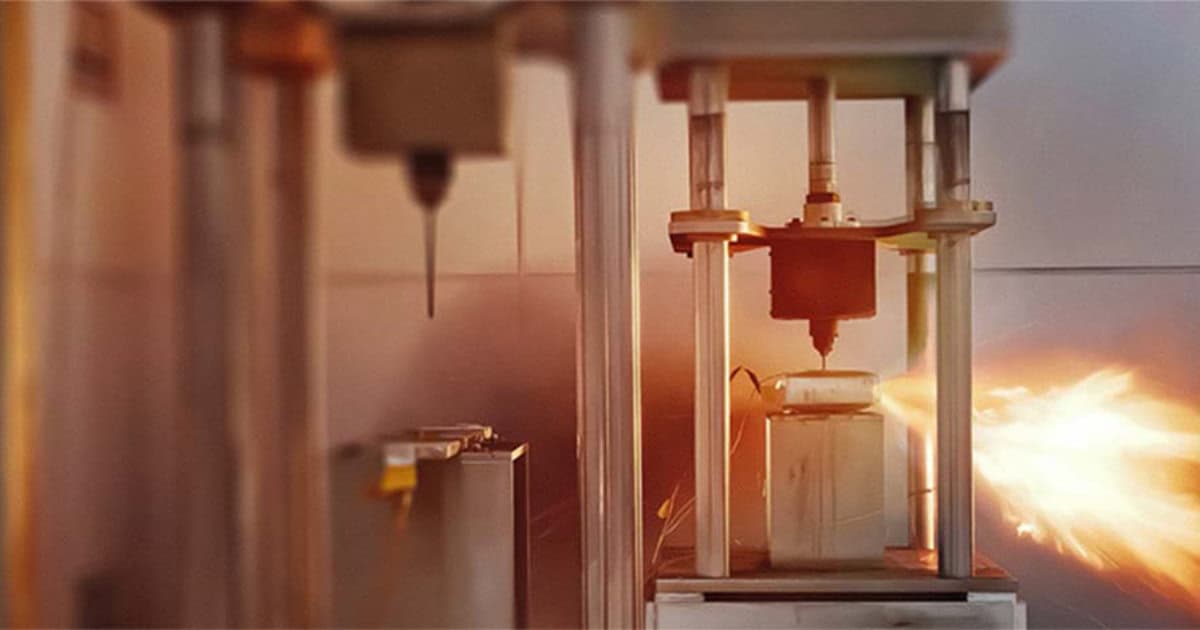
Sustainability
Lower battery costs could mean a broader adoption of renewable energy solutions in transportation, significantly cutting down on carbon emissions. This aligns with global efforts towards achieving net-zero emissions, where transportation plays a crucial role.
Consumer Behavior
As EVs become more affordable, consumer behavior could shift dramatically. Wealthy, educated consumers, who are often early adopters of technology, might find the value proposition of EVs even more compelling, potentially leading to a faster transition from traditional vehicles to electric ones.
Challenges and Considerations
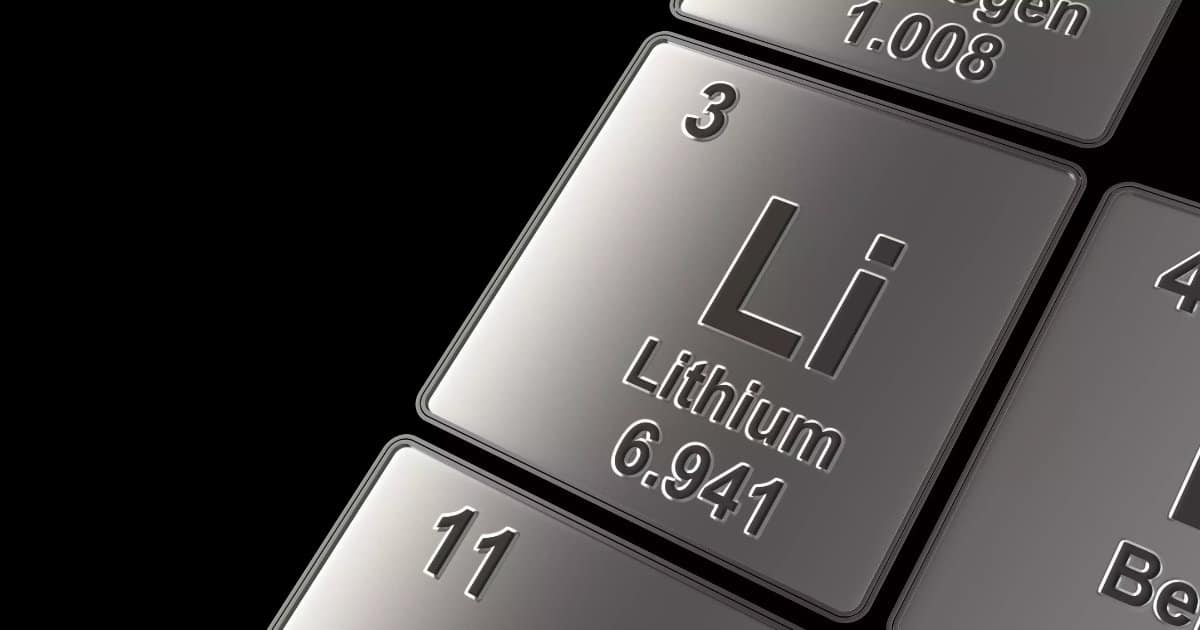
Supply Chain and Materials
While BYD aims for cost reduction, the dependency on materials like lithium and cobalt, whose prices can fluctuate, remains a challenge. Ensuring a stable supply chain will be crucial for BYD to maintain its cost advantages.
Regulatory Hurdles
Different countries have varying regulations regarding battery technology, especially concerning safety, recycling, and sourcing materials ethically. BYD must navigate these landscapes to fully leverage its new battery technology worldwide.
The Bottom Line
BYD’s Blade Battery 2.0 is not just an upgrade in technology, but a strategic move to democratize electric mobility. As we stand on the brink of this innovation, the implications for the industry, the environment, and consumers are profound. The call to action is clear … for those invested in sustainable mobility, keeping an eye on BYD’s developments could offer insights into the future of green transportation.
Frequently Asked Questions About The BYD Blade Battery
The Blade Battery 2.0, with its cost reduction strategy, could significantly lower the price of electric vehicles. A 15% decrease in battery cost could translate into a reduction in the vehicle’s overall price or could be used to increase the margin for manufacturers, making EVs more competitive against their gasoline counterparts.
By making EVs cheaper, the Blade Battery 2.0 could accelerate the shift away from fossil fuels to electric power, reducing carbon emissions from transportation. This technology also focuses on longevity and efficiency, which could mean fewer batteries end up in landfills over time, enhancing the sustainability of electric mobility.
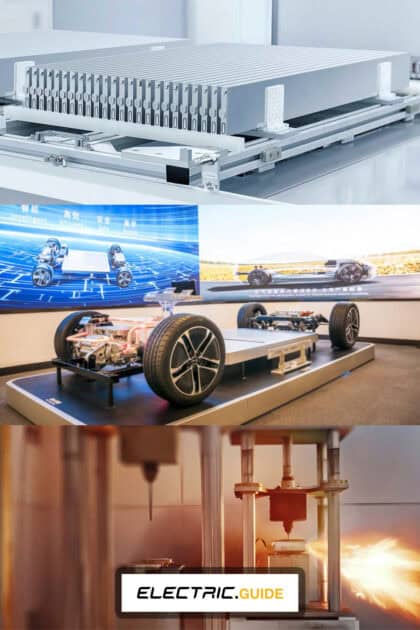
Source
BYD: Website
